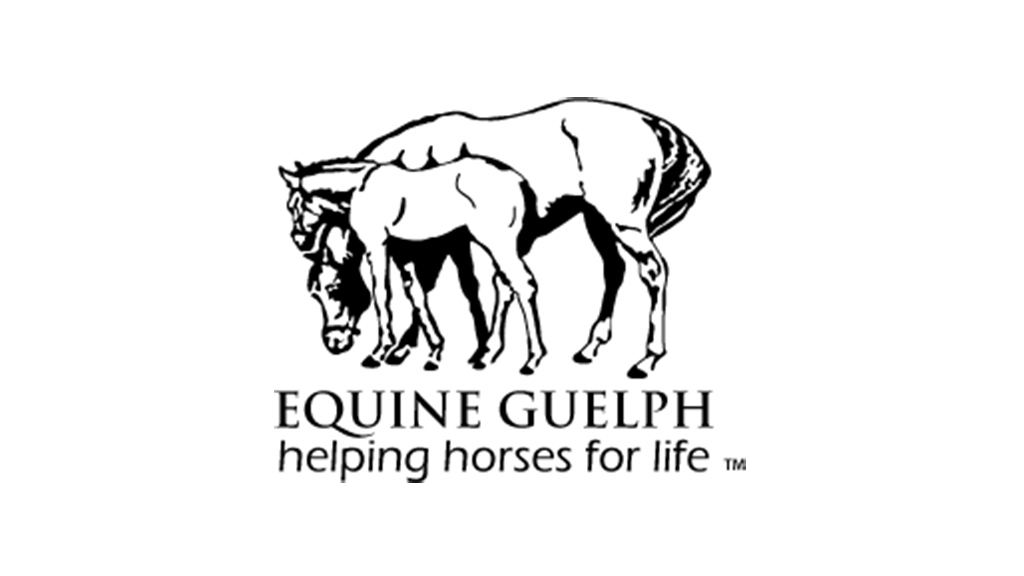
Have you noticed bug season starting earlier and finishing later? Have changes in the weather caused more standing water in your paddocks? If you answered "yes" to these questions and wonder how climate change may impact your horses, not to mention your vaccination program, read on!
Each year, Equine Guelph declares March as Vaccination Education Month. Before the vector borne diseases get their wings, it is a good time to visit the Vaccination Equi-Planner (TheHorsePortal.ca/VaccinationTool) sponsored by Zoetis. The interactive healthcare tool helps horse owners start the conversation with their veterinarian by exploring what a customized immunization schedule looks like for their horse.
Core vaccines usually include vaccines that protect against fatal diseases, such as tetanus, Eastern equine encephalitis, rabies and West Nile virus.
West Nile virus is spread by mosquitos. It is fatal in 30 per cent of horses showing neurological signs of the disease. Survivors can have residual neurological deficits for months or can be permanently disabled.
If you are in an area experiencing extra rainfall or flooding, you have the perfect storm for increased mosquito populations. Having a pond on the property is excellent from an emergency preparedness standpoint but it should factor into your vaccination plan as well. With global warming, mosquitos are arriving sooner and sticking around longer. What used to be April vaccinations are turning into February and March immunization plans in some areas to get ahead of the pesky blood suckers. Veterinarians are more often recommending a booster every four to six months.
Tetanus is a growing concern as the frequency of windy storms increases. Debris blowing into your horse pastures or bringing down tree branches are just a few more ways your curious partner can cut themselves. Tetanus is caused when a wound becomes infected with the organism clostridium tetani, which is commonly present in soil. Tetanus is hard to treat but vaccination is highly effective providing protection from this disease.
The sharp rise in wildfires effects not only your emergency planning but also your vaccination strategies. When wildfires rage, forest dwellers run! The displacement of wild animals can result in an increased chance your horse will happen upon a rabid critter. In Canada, the most common wild animals to transmit rabies to domestic animals or humans are foxes, skunks, racoons and bats. The virus is found in saliva and transmitted to other animals and people typically by a bite. Rabies is among the core recommended vaccines due to the deadliness of this disease affecting the nervous system, but it is easily prevented by annual vaccination.
The Vaccination Equi-Planner also covers the importance of planning vaccinations well ahead of travel plans to ensure horses have had the time to build up immunity, protecting them against diseases they may encounter. Depending on the vaccine used, you will want to schedule at least two to four weeks out from the shipping date. Making sure your horses are appropriately vaccinated for the place to which they are travelling is important as well. Finally, don’t forget the horses at home will still require protection from the returning herd, especially if they co-mingle with horses that frequently travel. A travelling horse can be completely asymptomatic and still transmit disease to the home team so a combination of biosecurity protocol and vaccination for all those likely to be exposed is the best defence.
Last but certainly not least, your veterinarian is the best source of information for diseases that are endemic to your area. With equine herpes virus and strangles making the news on disease alert pages everywhere, it is more important than ever to obtain the risk-based vaccines to reduce the chances of your horse getting sick. Information in Vaccination Equi-Planner provides guidelines only and should never replace information from your veterinarian.
Learn more about simple ways to keep your horse healthy with Equine Guelph's short online course, Sickness Prevention in Horses, from March 18-29, 2024 at TheHorsePortal.ca.
(With files from Equine Guelph)

